The greenhouse effect refers to the warming of the Earth’s atmosphere caused by the trapping of heat from the sun. This natural process is necessary for life as it keeps our planet warm enough to sustain ecosystems. However, human activities—especially the burning of fossil fuels and excessive waste production—have amplified this effect, leading to global climate change.
Why Should We Be Concerned?
The intensified greenhouse effect is directly linked to rising global temperatures, which contribute to extreme weather events, rising sea levels, and disrupted ecosystems. These changes are alarming because they threaten food security, biodiversity, and human livelihoods, particularly in vulnerable regions. In response, industries worldwide, including the Food & Beverage (F&B) sector, are taking steps to minimize their contribution to this environmental crisis.
Efforts in the F&B Industry to Reduce Carbon Footprint
The F&B industry plays a significant role in reducing carbon emissions. Many operators are adopting sustainable practices, focusing on energy-efficient production methods, and choosing eco-friendly packaging. One crucial aspect of this effort is reducing the reliance on single-use plastics and paper products, particularly cups.
Reducing Plastic and Paper Cups
Plastic and paper cups are among the largest contributors to waste in the F&B industry. While paper cups may seem like a better alternative, they often contain plastic linings, making them difficult to recycle. As a solution, many businesses are shifting to recyclable materials or encouraging customers to bring reusable cups. Compostable cups made from plant-based materials and biodegradable options are gaining traction, further reducing the environmental impact of single-use packaging.
Local Inspiration: ZUS Coffee’s Environmental Initiatives
A shining example of a local business taking environmental responsibility seriously is ZUS Coffee. This Malaysian coffee chain is setting a proactive approach in sustainability, and its initiatives are both impactful and forward-thinking:
- Rice Straws: ZUS Coffee uses rice straws that are 100% biodegradable and turtle-friendly, replacing traditional plastic straws that contribute to ocean pollution.
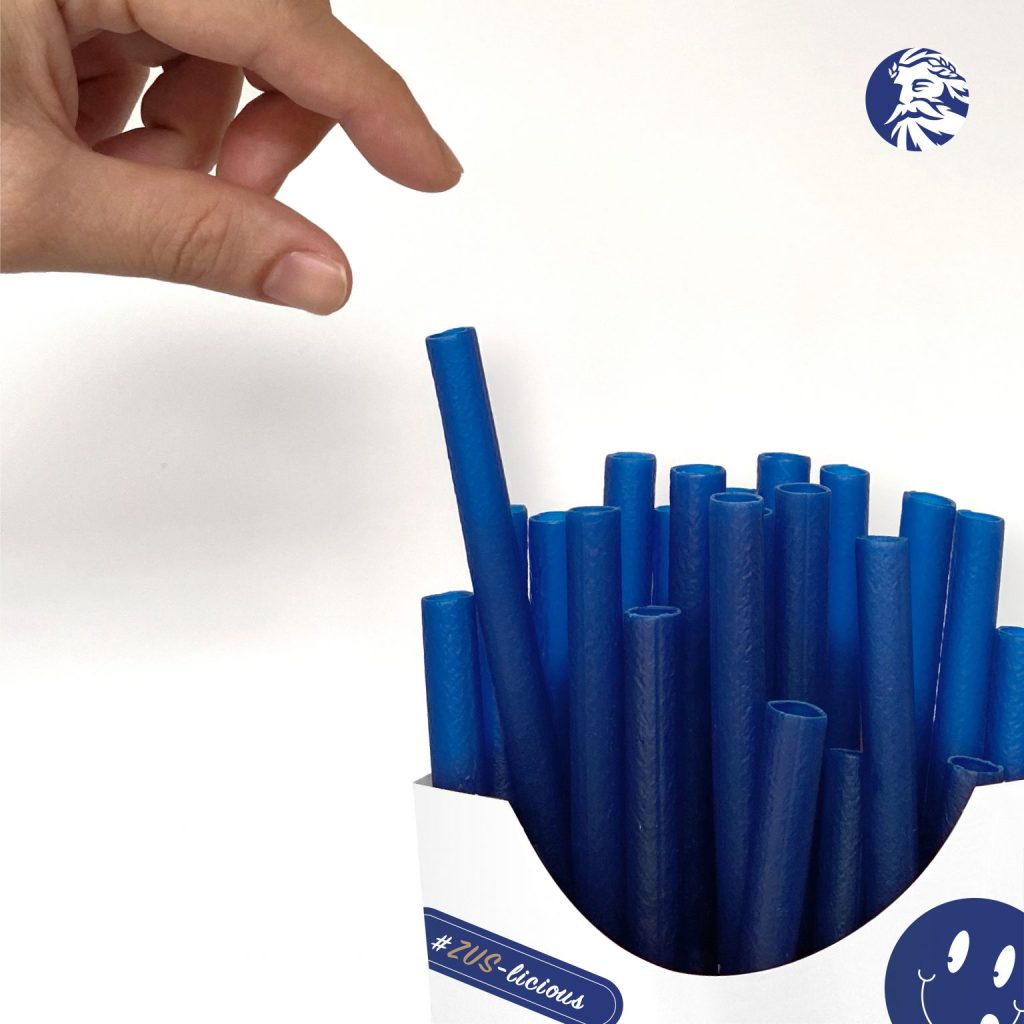
- FSC Certified Cup Sleeves: The company uses cup sleeves made from raw materials certified by the Forest Stewardship Council (FSC), ensuring that their paper products are sourced from responsibly managed forests.
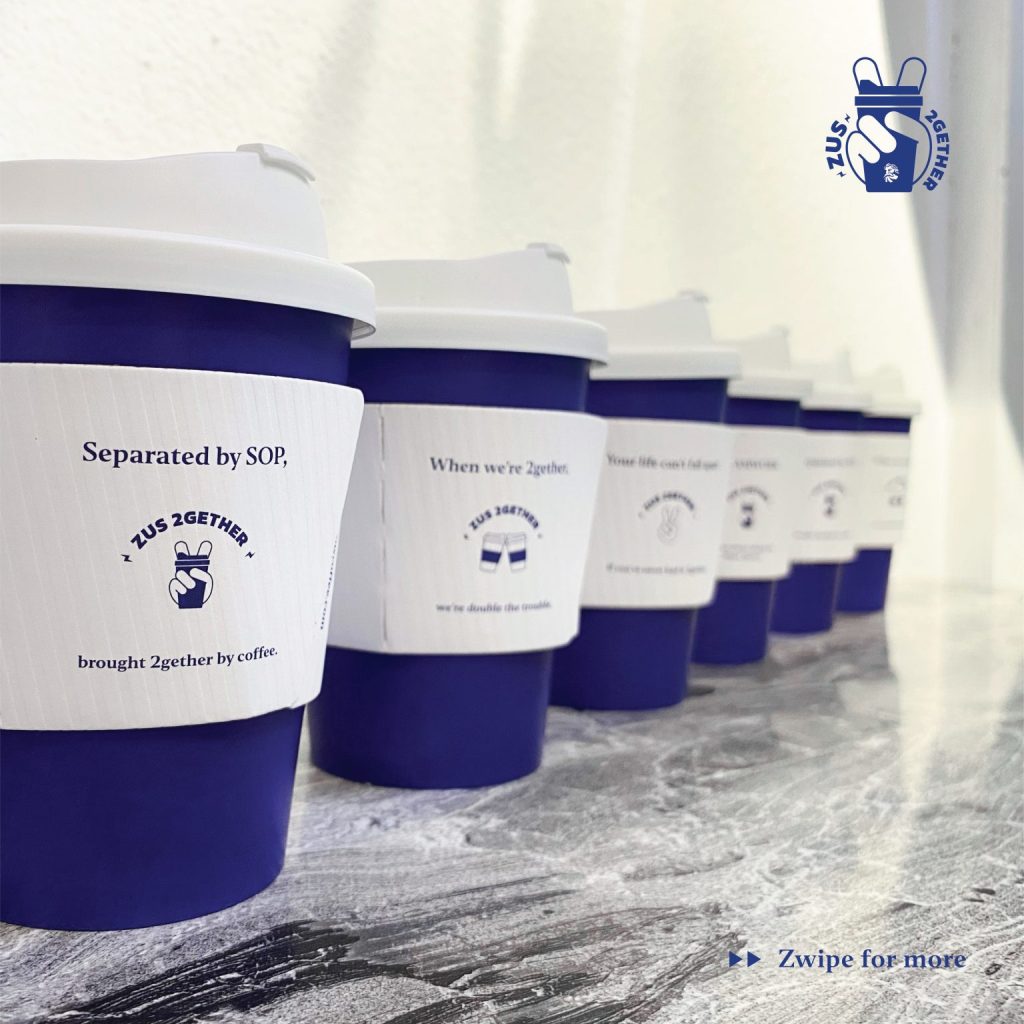
- 100% Recyclable PET Iced Cups: ZUS Coffee’s iced cups are made from recyclable PET, reducing the plastic waste that often ends up in landfills.

- Discounts for Pickup Customers with ZUS Tumblers: To encourage more eco-friendly habits, ZUS Coffee offers discounts to customers who use designated ZUS tumblers when picking up their orders.
These efforts not only reduce waste but also inspire others to adopt greener practices. By minimizing reliance on single-use items and promoting recyclable and biodegradable alternatives, Zus Coffee is setting an example for F&B businesses everywhere.
Download the ZUS Coffee App Today!
Zus Coffee’s commitment to sustainability goes hand in hand with its modern convenience. The ZUS Coffee app, available on both Google Play Store and App Store, allows customers to easily order their favorite drinks for pickup, track rewards, and take advantage of special discounts, including those for using their ZUS tumblers. Download the app today and join the movement toward a greener, more sustainable future!
7:31
۞ يَـٰبَنِىٓ ءَادَمَ خُذُوا۟ زِينَتَكُمْ عِندَ كُلِّ مَسْجِدٍۢ وَكُلُوا۟ وَٱشْرَبُوا۟ وَلَا تُسْرِفُوٓا۟ ۚ إِنَّهُۥ لَا يُحِبُّ ٱلْمُسْرِفِينَ ٣١
O Children of Adam! Dress properly whenever you are at worship. Eat and drink, but do not waste. Surely He does not like the wasteful.
— Translated by Dr. Mustafa Khattab, The Clear Quran
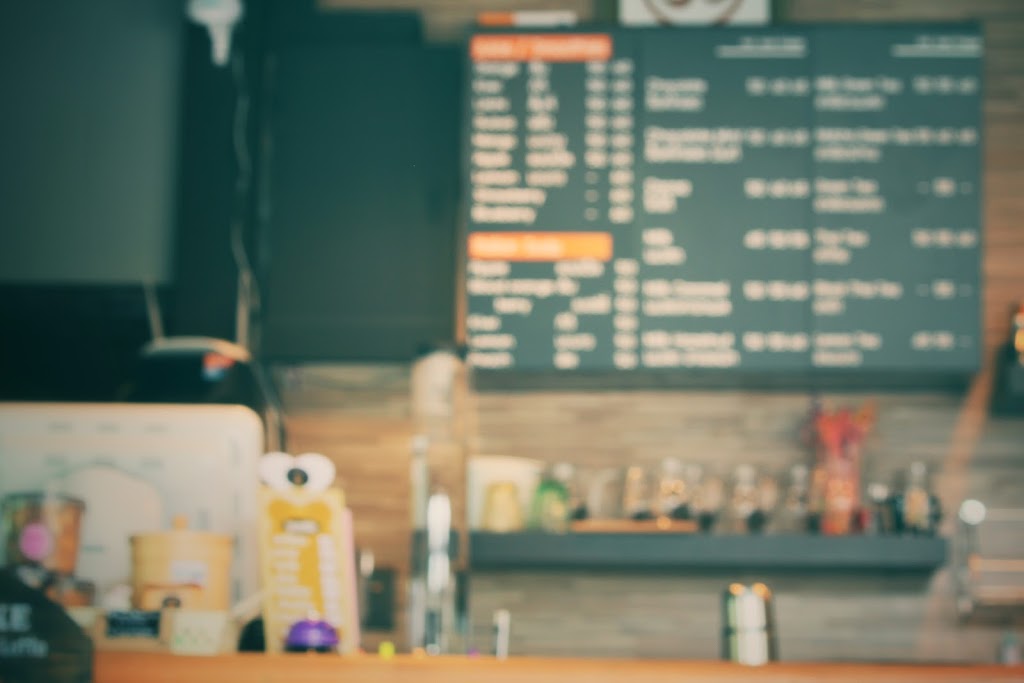
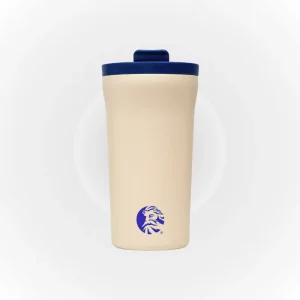
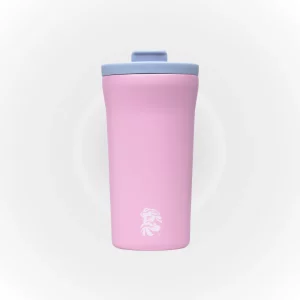
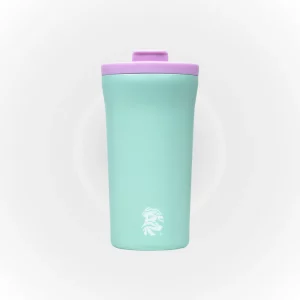
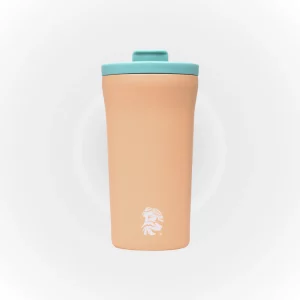
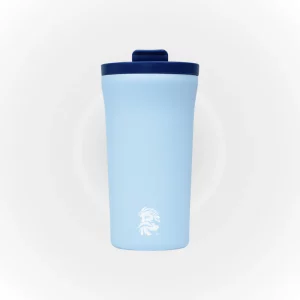
No responses yet